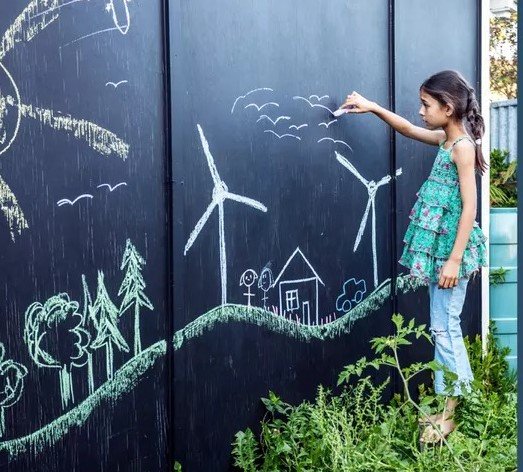6 Things Kids Totally Notice Without Adults Realizing It

Source: https://www.huffpost.com/
Children are more observant than adults often realize, picking up not only on what is said directly to them but also on how we talk about ourselves and others, as well as our overall behavior. Experts suggest that this heightened awareness includes noticing subtle cues and interactions that adults may not be mindful of. This insight serves as a reminder to be more conscious of our everyday interactions and their impact on children.
1. How you feel about your partner, co-parent or their other caregivers: Clinical psychologist Jazmine McCoy explains that children are sensitive to nonverbal cues and subtle negative remarks about their parents or caregivers, even if these are meant as jokes or sarcasm. She advises parents to speak positively about all caregivers, as children can still pick up on these dynamics, even if they are not directly in the room.
2. How you feel about your body Registered dietitian Alyssa Miller notes that children are highly perceptive of how adults discuss and perceive their own and others’ bodies. They pick up on both subtle and overt actions, forming ideas about what is considered desirable or undesirable based on adult behavior. Children notice actions like avoiding mirrors, skipping swimwear, or deleting photos, and they learn body image values from these behaviors. Miller emphasizes that adults inadvertently teach children how to view their own bodies through their everyday actions and insecurities.
3. What you actually value: Clinical psychologist Laura Markham explains that children learn what you truly value by observing your actions, which can differ from what you verbally express. For instance, while you might emphasize the importance of teamwork and enjoyment in sports, asking about the game’s outcome instead of focusing on these values sends a mixed message. Similarly, if you preach honesty but then allow a child to lie for a discount, they notice the discrepancy. Markham highlights that children interpret your actual priorities through your behavior rather than just your words.
4. Your self-compassion (or lack thereof): Alyssa Miller observes that children’s capacity for grace and compassion often reflects the adults around them. If adults are critical of their own mistakes and handle setbacks poorly, children will likely adopt similar attitudes. Conversely, adults who are self-compassionate, admit errors, and learn from them model resilience and teach children to view mistakes as learning opportunities. Thus, how adults manage their own self-talk and expectations directly influences how children handle their own challenges.
5. Your relationship with food:Alyssa Miller notes that children closely observe adults’ eating habits and attitudes towards food, which significantly influence their own food choices and beliefs. Comments about food being “dangerous,” labeling items as “good” or “bad,” skipping meals, or expressing guilt about eating can shape a child’s relationship with food, potentially leading to unhealthy eating patterns. Research indicates that children often adopt the eating habits of their parents, so modeling a balanced and positive approach to food can help foster healthy eating habits and attitudes in children.
6. How you talk about your kid to other adults: When discussing a child’s meltdown with others, such as a partner or friend, using sarcastic comments or jokes can affect the child’s self-esteem and their relationship with you, even if they don’t fully understand the conversation. Clinical psychologist Jazmine McCoy advises using positive and constructive language when talking about your child, focusing on lessons learned and problem-solving rather than highlighting mistakes. Treat conversations about your child with the same respect and care as if speaking directly to them.
Read More: https://childreninfobank.com/safebank/6-things-kids-totally-notice-without-adults-realizing-it/
Image Source: https://www.huffpost.com/





